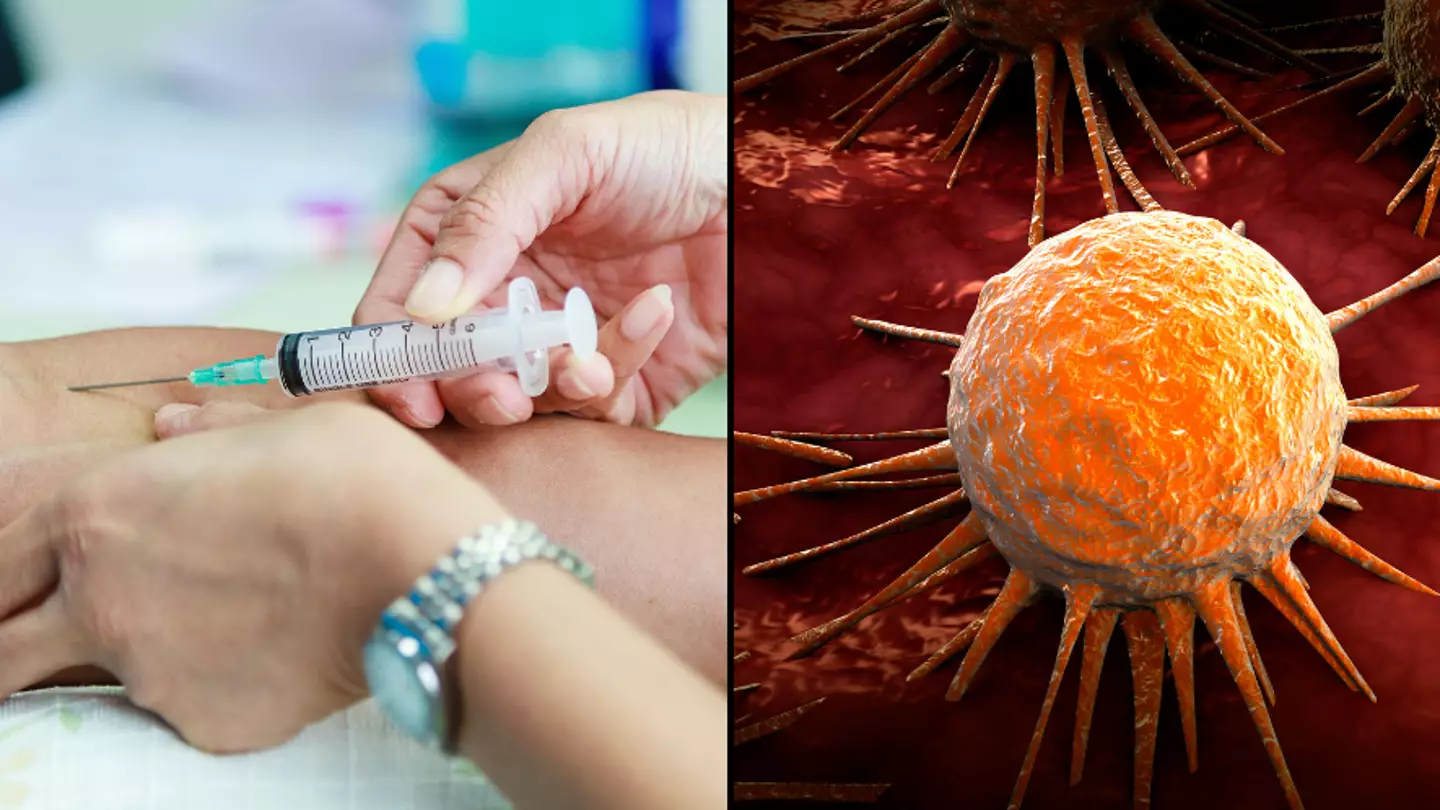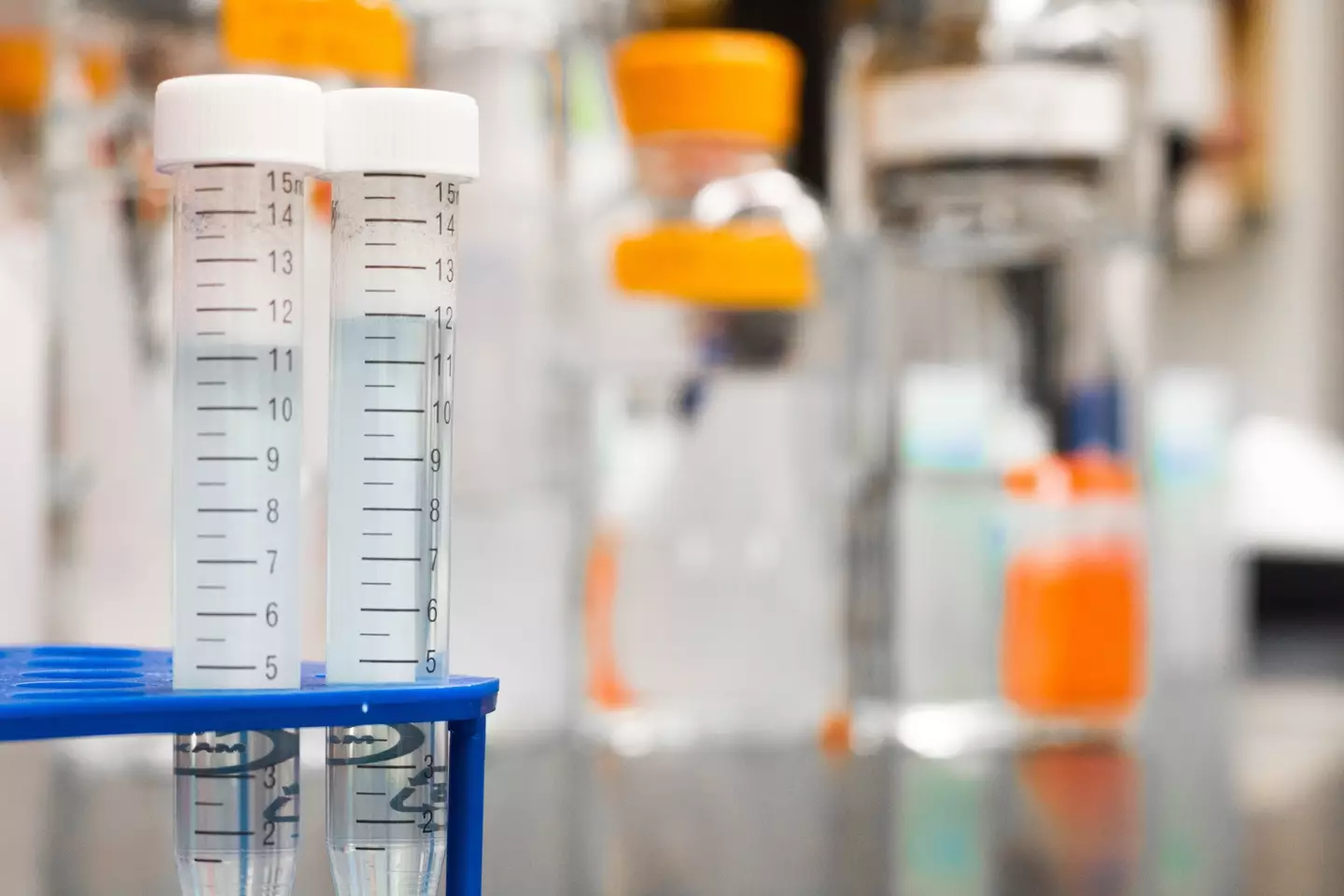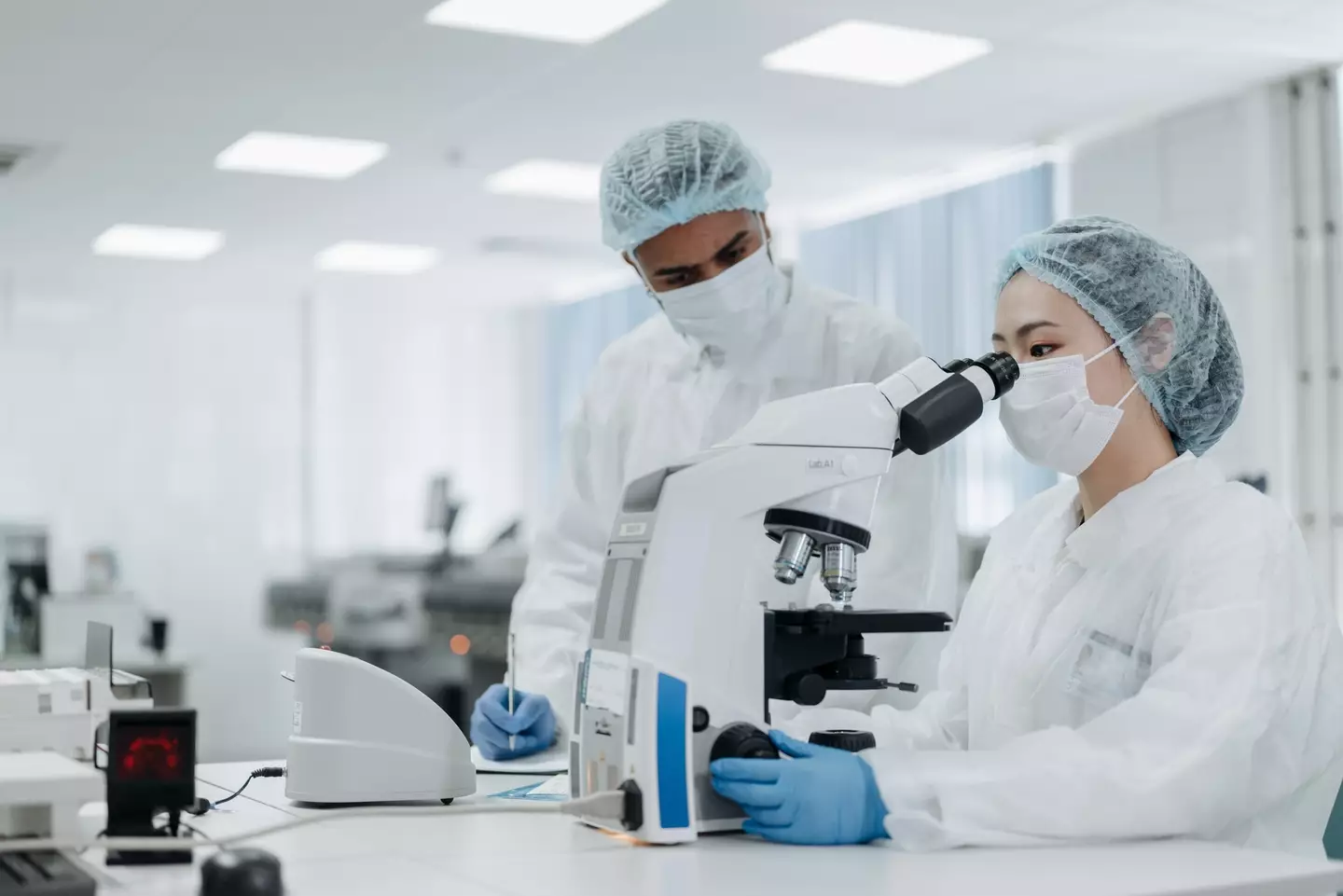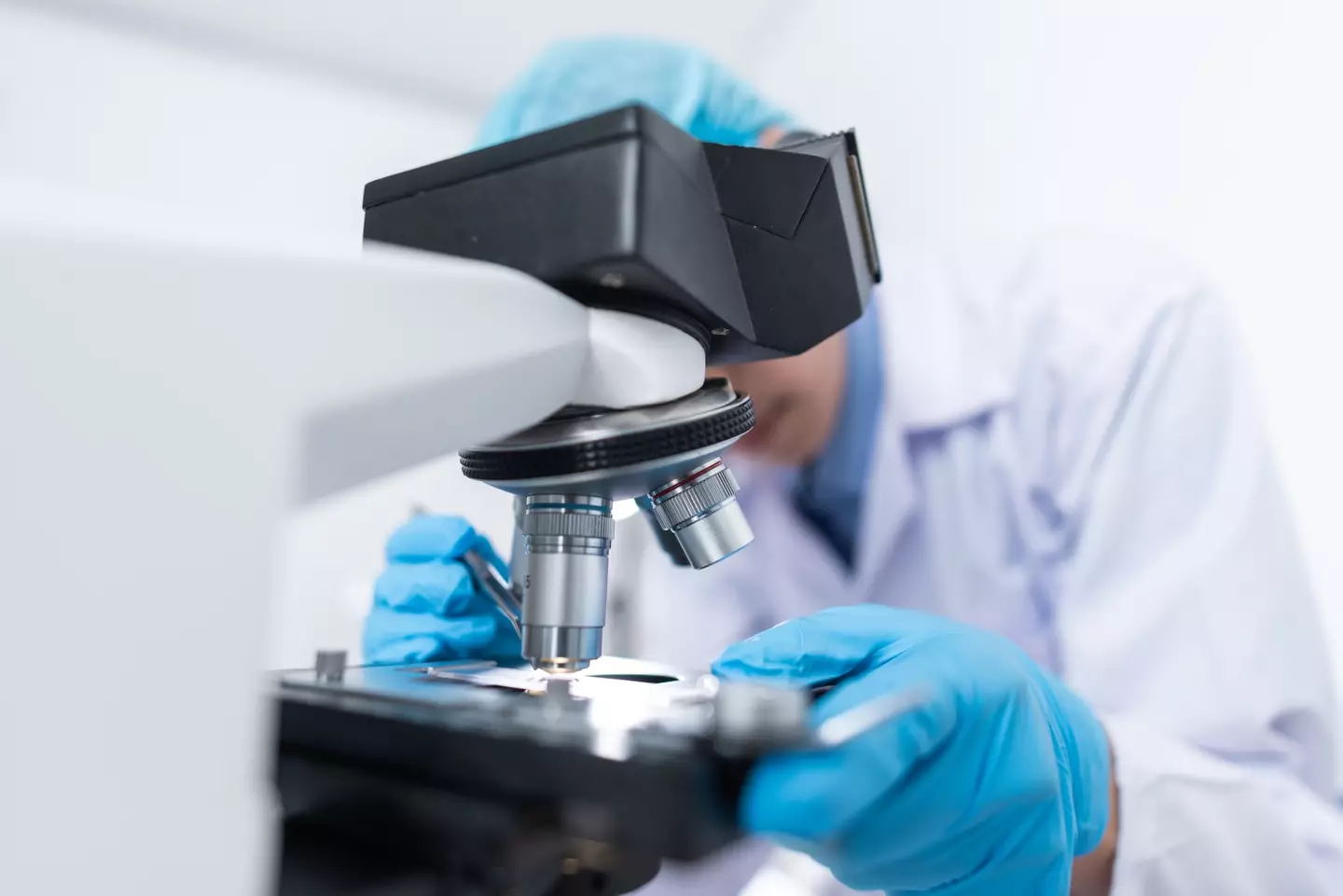
A study has found a simple blood test can pick up on multiple cancers without any clear symptoms, with the new research already being dubbed by the NHS as a 'gamechanger' for the medical field.
The Galleri test is also being hailed as totally revolutionary to the growing field of science as doctors have already given the news to health services to get ready for a whole new age of cancer screening.
The study in question, dubbed The Pathfinder study, offered the Galleri test to a yield of over 6,600 adults over the age of fifty.
From this, the blood test was able to successfully detect dozens of new cases of cancer - many of which were at an earlier stage and nearly three-quarters were forms not routinely screened for.
Advert

Dr Deb Schrag, a senior researcher on the study, worked at the Memorial Sloan Kettering Cancer Center in New York, in which 6,621 adults over fifty took the Galleri blood test.
For 6,529 of the volunteers, the test came back negative, however, it flagged a potential cancer in 92 people.
Follow-up tests confirmed solid tumours or blood cancer in 35 people - which amounted to 1.4 percent of the study group.
It also picked up on two cancers in one woman who was found to have breast and endometrial tumours.
This Pathfinder study led to first-time results from the Galleri test and medical professionals have returned such results to the patients, along with their doctors, to use as a guide for any future medical checks or needed treatment.
NHS England has since referred to the Galleri test as a potentially 'gamechanger' and the health service is set to report results from an even bigger test trial comprised of a whopping 165,000 people next year.
In a statement to LADbible, NHS England said: "Over 140,000 people came forward to take part in this trial in its first year, a huge milestone in our long-term efforts to catch and treat cancer earlier – we know that many cancers can be hard to find early on, and a late diagnosis can be devastating for patients and their families, so we are hoping this trial might give us a way for people to get a diagnosis even before any symptoms appear."

While the technology is still in its developmental stages, the blood test is hoped to completely change, and save, lives through the early detection of several cancers.
This early detection is pivotal as it can lead to more comprehensive cancer screenings, earlier surgery and more effective treatment if necessary for the patient.
Following the groundbreaking news, Dr Schrag had a few things to say to the European Society for Medical Oncology during a meeting in New York on Sunday (11 September).
She noted: "I think what’s exciting about this new paradigm and concept is that many of these were cancers for which we do not have any standard screening."
Not only does the Galleri test pick up on whether or not the patient has cancer, but it can also predict the location of the cancer.

"The signal of origin was very helpful in directing the type of work-up," Schrag revealed, "When the blood test was positive, it typically took under three months to get the work-ups completed."
Further analysis on the test group concluded that the Galleri test was negative for 99.1 percent for the cancer-free volunteers.
This means that only a small 0.9 percent proportion of the healthy people received a false positive result while approximately 38 percent of volunteers who received a positive result did, in fact, turn out to have cancer.
While still being developed, Schrag has said: "This still suggests a glimpse of what the future may hold with a really very different approach to cancer screening."
If you’ve been affected by any of these issues and want to speak to someone in confidence, contact Macmillan’s Cancer Support Line on 0808 808 00 00, 8am–8pm seven days a week